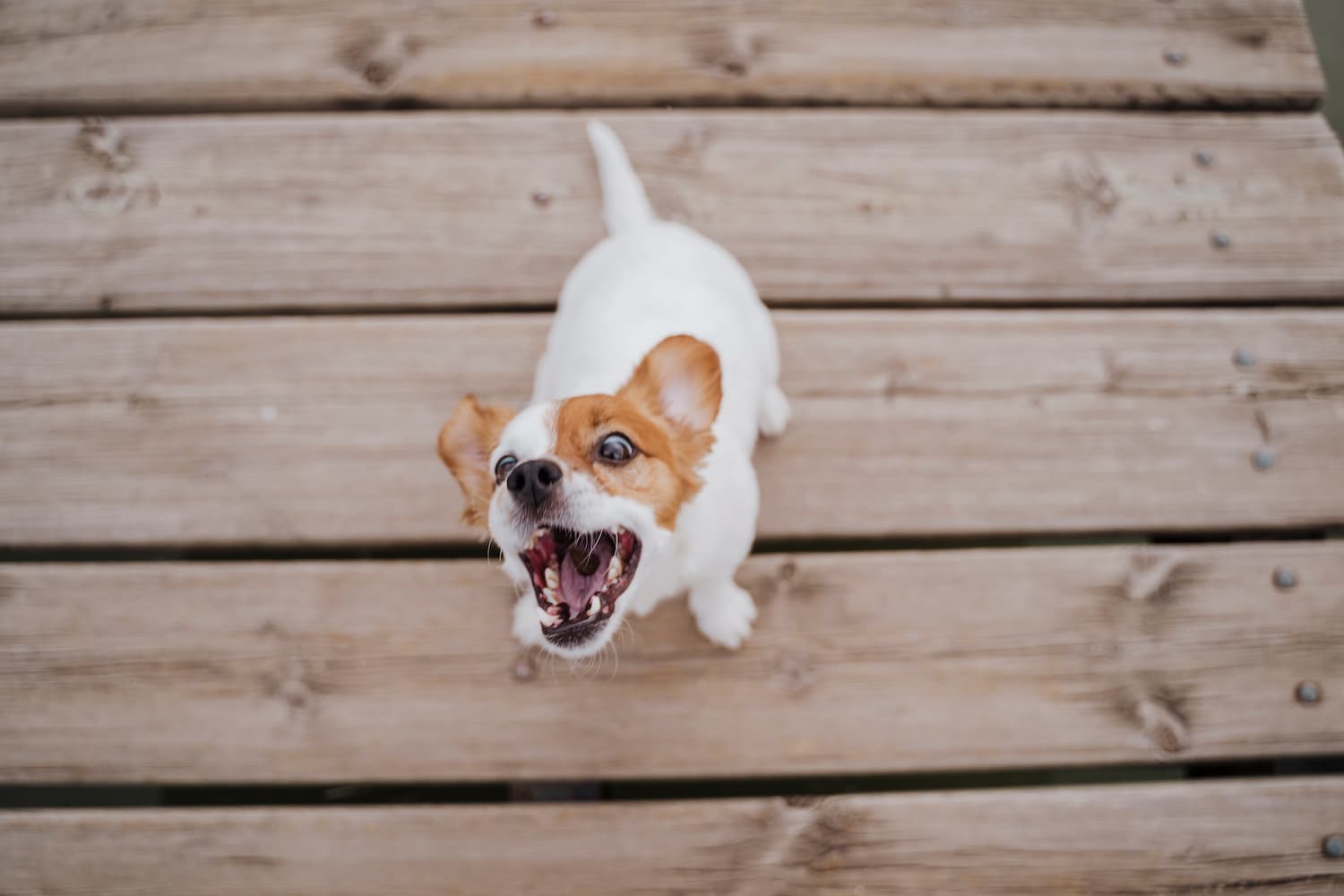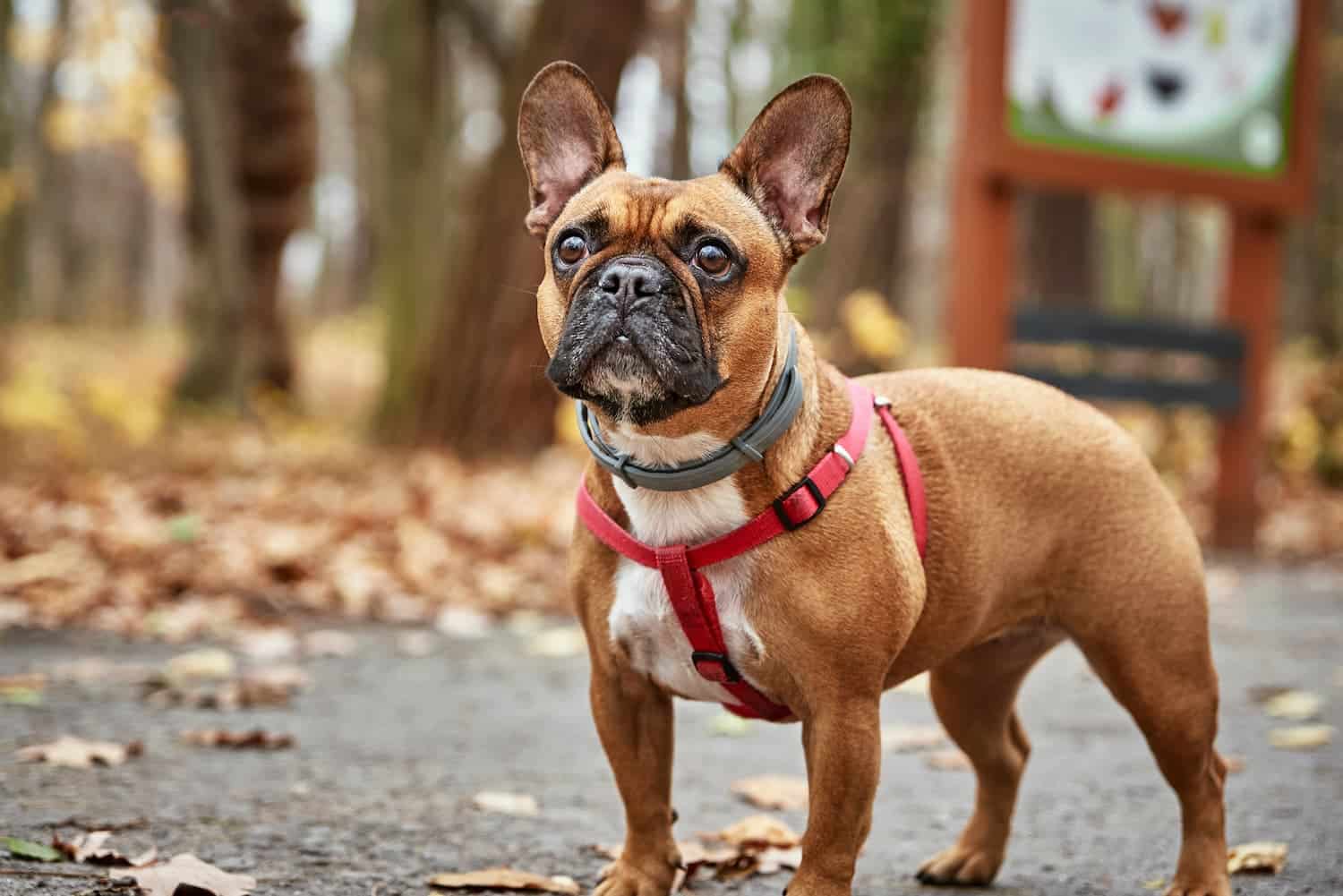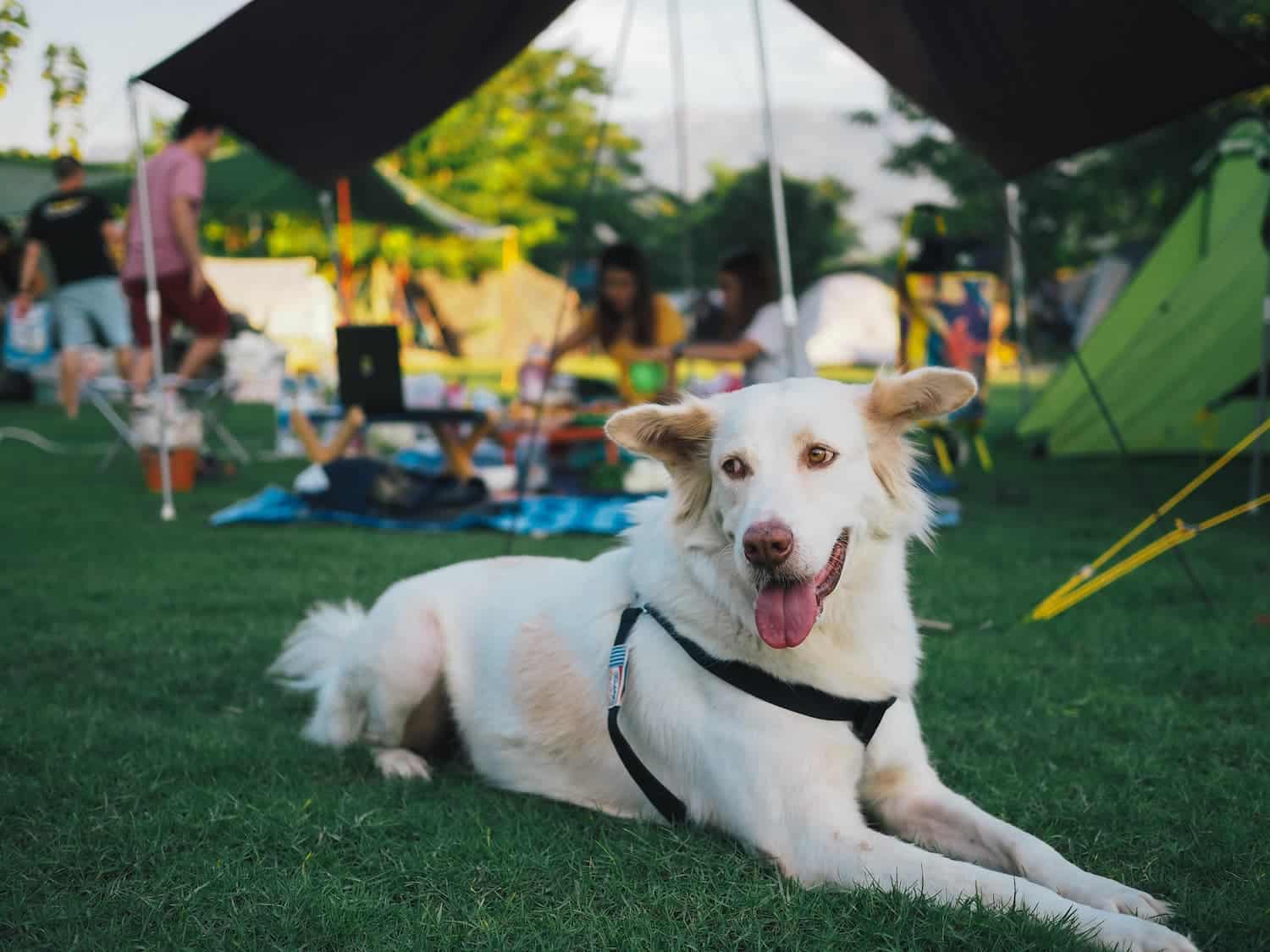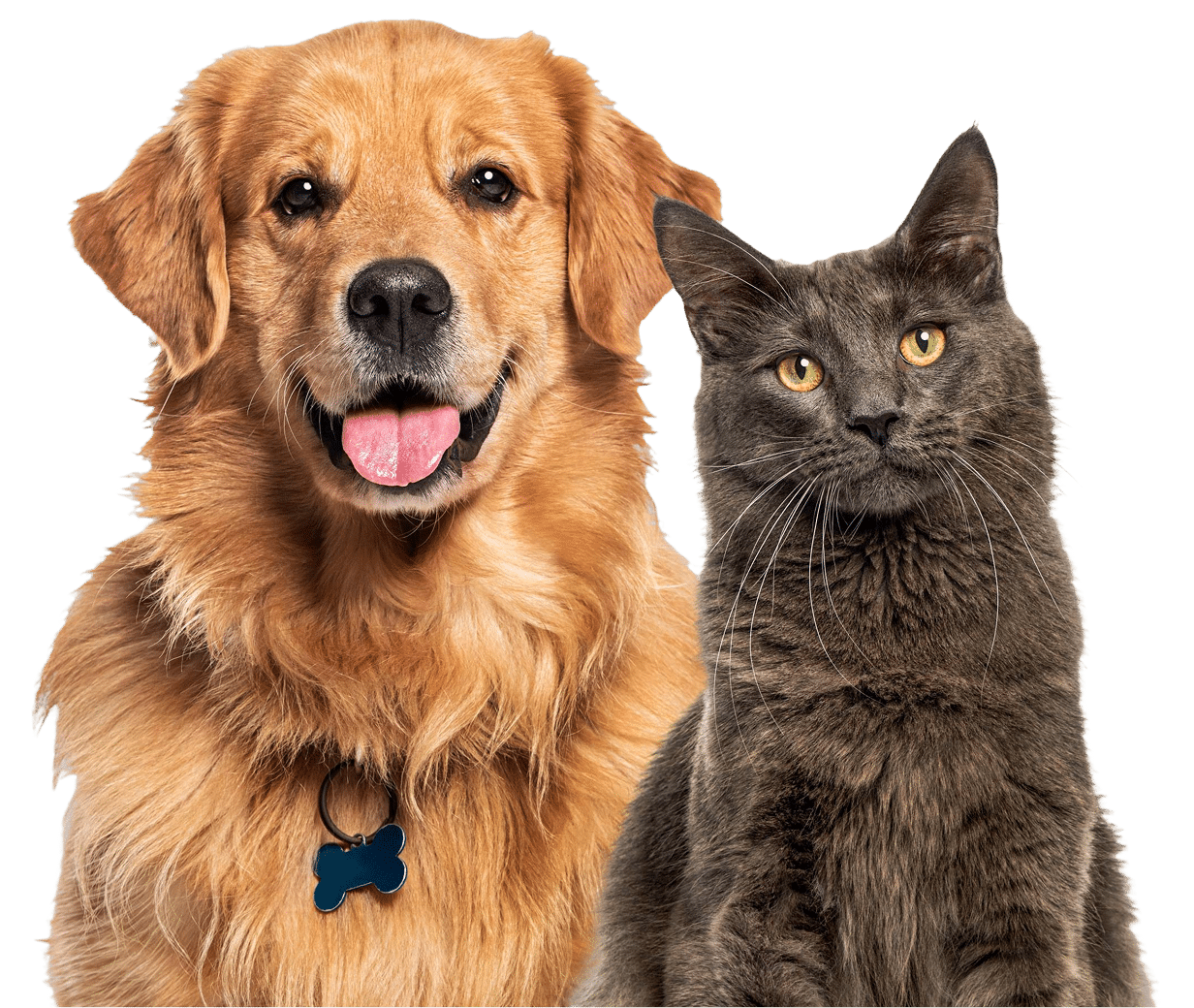
Preventing and Responding to Dog Bites: A Guide for Pet Owners in Volusia and Flagler Counties
Dog bites are one of the more common reasons we see pets at our emergency hospital. They often happen unexpectedly—on walks, at the dog park, or even at home between pets. At Animal Emergency Hospital Volusia, we’re here to help you prevent dog bites when possible, and to support you if one does occur.
Spot the Signs Before It Escalates
Most dogs give clear signals before they bite—but these signs can be subtle. Watch for these signs in other dogs to help keep your pet safe:
- Stiff body posture or tense muscles
- Raised hackles or low growling
- Lip licking, yawning, or avoiding eye contact
- Whale eye (white of the eyes visible)
- Trying to hide or back away
If you spot these signs, calmly and quietly create distance.
Knowing your own dog’s comfort level is just as important. Dogs who are older, anxious, or just not in the mood may be more sensitive to others crowding their space.
Caution at the Dog Park
Dog parks can be a great way to burn off energy—but not all dogs are comfortable in that environment. Some are under-socialized, untrained, or reactive in high-energy situations.
If your dog seems tense or if the energy at the park feels off, it’s okay to skip it. Trust your instincts and protect your dog’s physical and emotional safety.
Stay Current on Rabies Vaccines
Keeping your dog’s rabies vaccination up to date is essential—not only for their safety but also for avoiding potential quarantine or legal issues after a bite. We always recommend pet owners keep vaccination records handy, especially in high-risk environments like dog parks or group events.
When to Contact Emergency Care
Even small bite wounds can lead to serious problems like infection or internal damage. It’s best to err on the side of caution. Call us if your pet:
- Was bitten, even if the wound looks minor
- Seems to be in pain or limping
- Has swelling, bleeding, or discharge from a wound
- Starts acting fearful or unusually quiet
Call us first at (386) 252-0206. We’ll give you accurate wait times, begin the triage process, and prepare for your arrival.
We’re open 24/7 and located at 696 S Yonge St, Ormond Beach, FL—ready to help pets throughout Volusia and Flagler Counties.
Healing the Body—and the Mind
Bite wounds hurt, but the emotional impact can last longer. After being bitten, your dog may become fearful or anxious—especially around other dogs. You might notice them avoiding walks, hiding more often, or acting differently.
We’ll help you manage both the physical and emotional healing process, and if needed, we can refer you to a behavior specialist.
Pet Insurance Can Reduce the Stress
Dog bites often come with unexpected costs. Having pet insurance in place can help you focus on your pet’s care, not the bill. If you’re considering pet insurance, we’re happy to share what many of our clients have found helpful.



